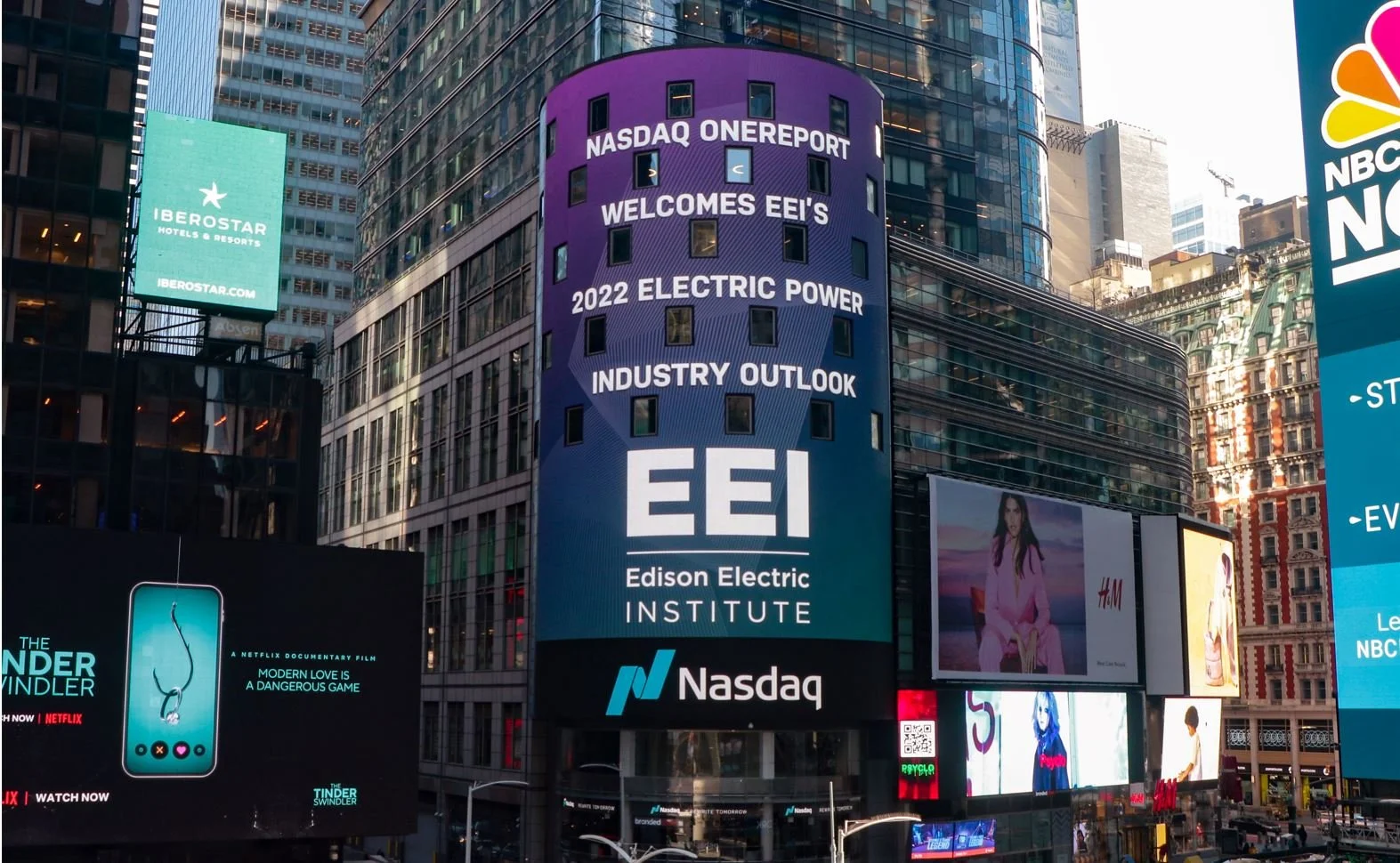The utility watchdog Energy and Policy Institute highlights a bill introduced last week in Virginia that would prohibit the utilities Dominion Energy and Appalachian Power from charging customers for their political activities.
The bill, HB 792, would bar Virginia’s investor-owned electric utilities from charging their customers for their dues to trade associations, lobbying government officials, advertising, and other efforts to influence public opinion, charitable giving, and litigation to challenge regulations or laws. Current law in Virginia only bans utilities from recovering the costs of advertising.
Dominion Energy and Appalachian Power would still be able to conduct all of those activities, but they would have to fund them from money they would otherwise return to investors as profit, rather than baking them into customers’ monthly bills.
The bill also would require the utilities to file reports annually to allow regulators and the public to ensure that they are following the law, and would apply financial penalties to any utilities who break the new rules.
Virginia Delegate Rozia Henson, D-Woodbridge, introduced the bill on January 10.
The State Corporation Commission (SCC), a state agency tasked with regulating Virginia’s monopoly utilities and setting fair rates, decides what costs utilities are allowed to recover from customers when the utility applies for a rate case.
In current rate cases, Dominion and Appalachian Power requested to recover the vast majority of their trade association dues from customers: Dominion is seeking to charge its customers $9 million per year in trade association dues from their customers and Appalachian Power, which serves Southwestern Virginia and has fewer Virginia customers than Dominion, sought to recover about $700,000.
The dues Dominion is seeking to charge to ratepayers include $1.3 million to the Edison Electric Institute (EEI), $120,000 to the Utility Water Act Group (UWAG), and $45,000 to the “Class Of ’85 Regulatory Response Group.” Appalachian Power sought over $500,000 in EEI dues from Virginia customers.
The SCC has deemed utilities’ expenses on lobbying and, more recently, their charitable contributions, to be unrecoverable from customers. Both utilities, however, seem to have a problem abiding by those rules. In each of its last four rate cases, Dominion has been caught by SCC auditors attempting to place lobbying or other impermissible costs into rates. Auditors at the SCC shaved off nearly $10,000,000 in lobbying, charitable contributions and corporate advertising from the rates that Dominion attempted to charge customers in those four rate cases.
In Appalachian Power’s 2023 Rate Case, the SCC found over $926,000 improperly charged to rates related to lobbying activities, advertising expenses, and the lobbying portion of industry association dues. The utility attempted to pass $303,000 of advertising costs onto its customers, but those costs were deemed ineligible for cost recovery by the SCC, along with an additional $406,000 because an advertising vendor didn’t provide enough information to ensure the ads weren’t for corporate public relations, which is banned from recovery by current Virginia law. Over $217,000 were deemed ineligible for cost recovery because they related to lobbying activities or the lobbying portion of industry association dues.
The SCC’s practice of denying recovery of charitable contributions is relatively new. Between 2011 and 2012, the SCC approved Dominion’s request to charge ratepayers $1.37 million for donations made by Dominion, according to the AP. Some of those contributions were to institutions where Virginia legislators also worked as fundraisers, creating conflicts of interest.
A former SCC judge and current Commissioner at the Federal Energy Regulatory Commission (FERC), Republican Mark Christie, has been critical of utilities’ recovering their charitable contributions from customers.
“Giving away other people’s money is not altruism,” Christie said in a statement concurring with the opening of an investigation at FERC into how utilities charge customers for political practices.
The SCC could change its precedents around recovery of charitable contributions or lobbying any time. HB 792 would set recoverability rules into law.
Read the full story at Energy and Policy Institute.

